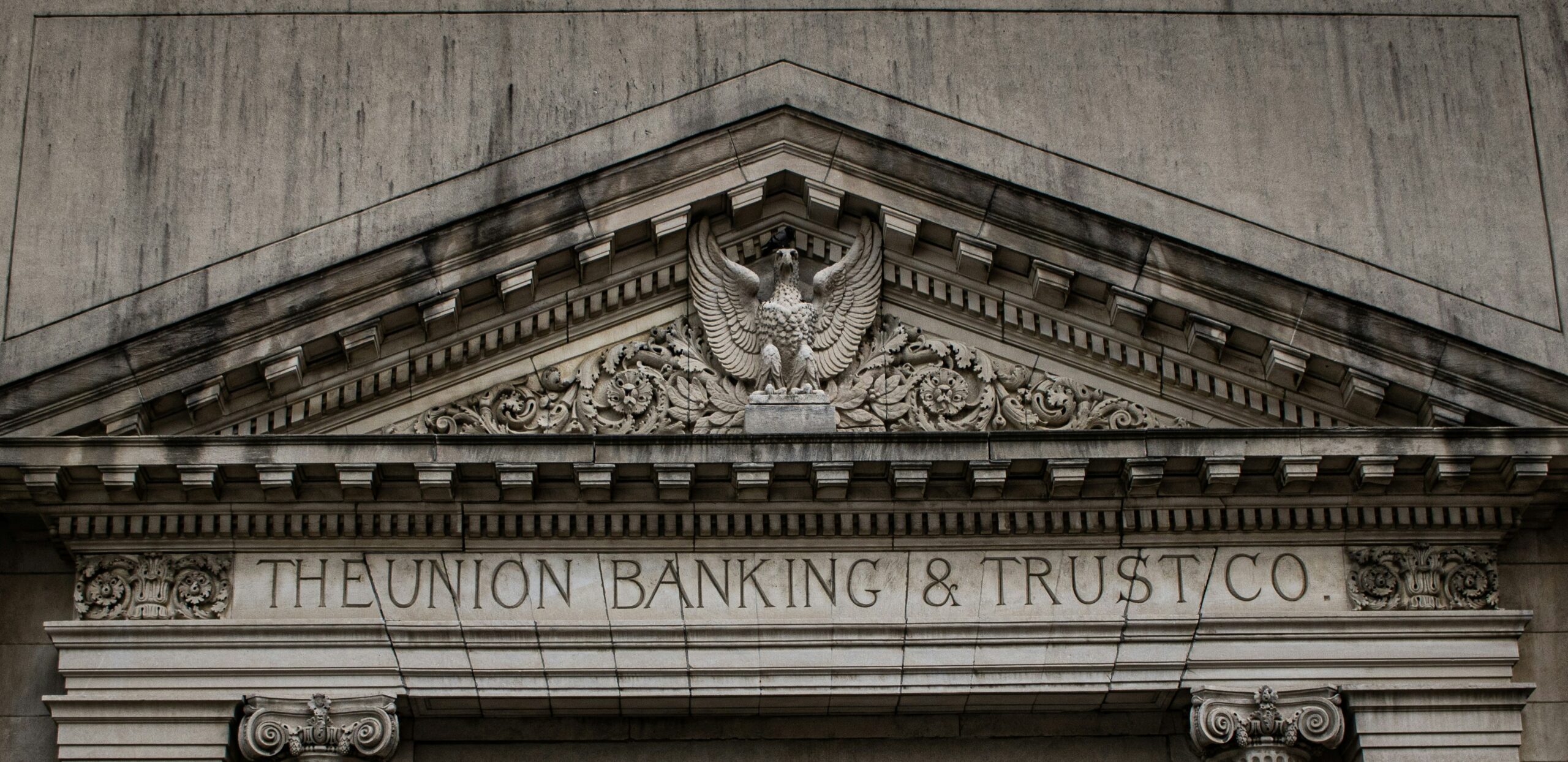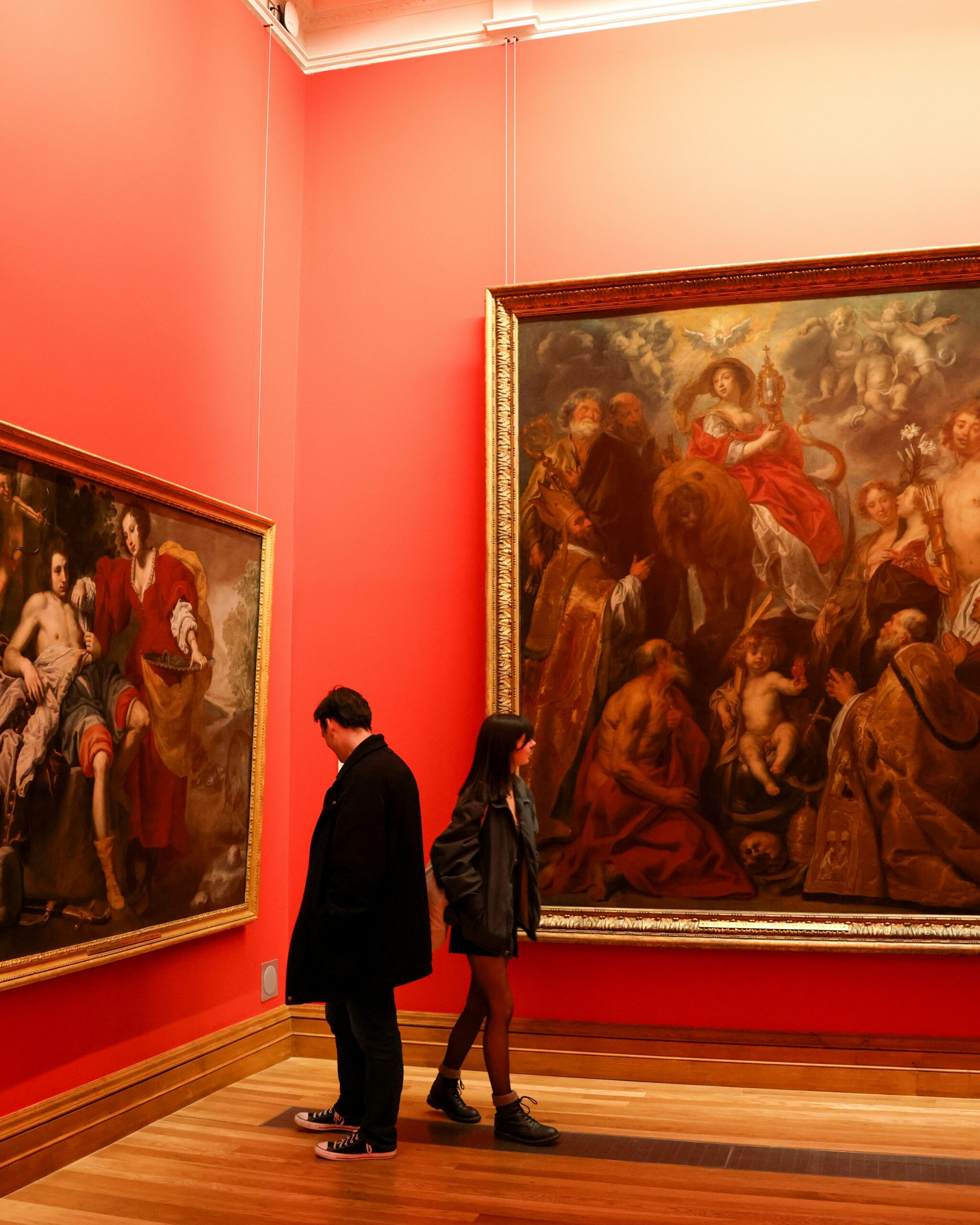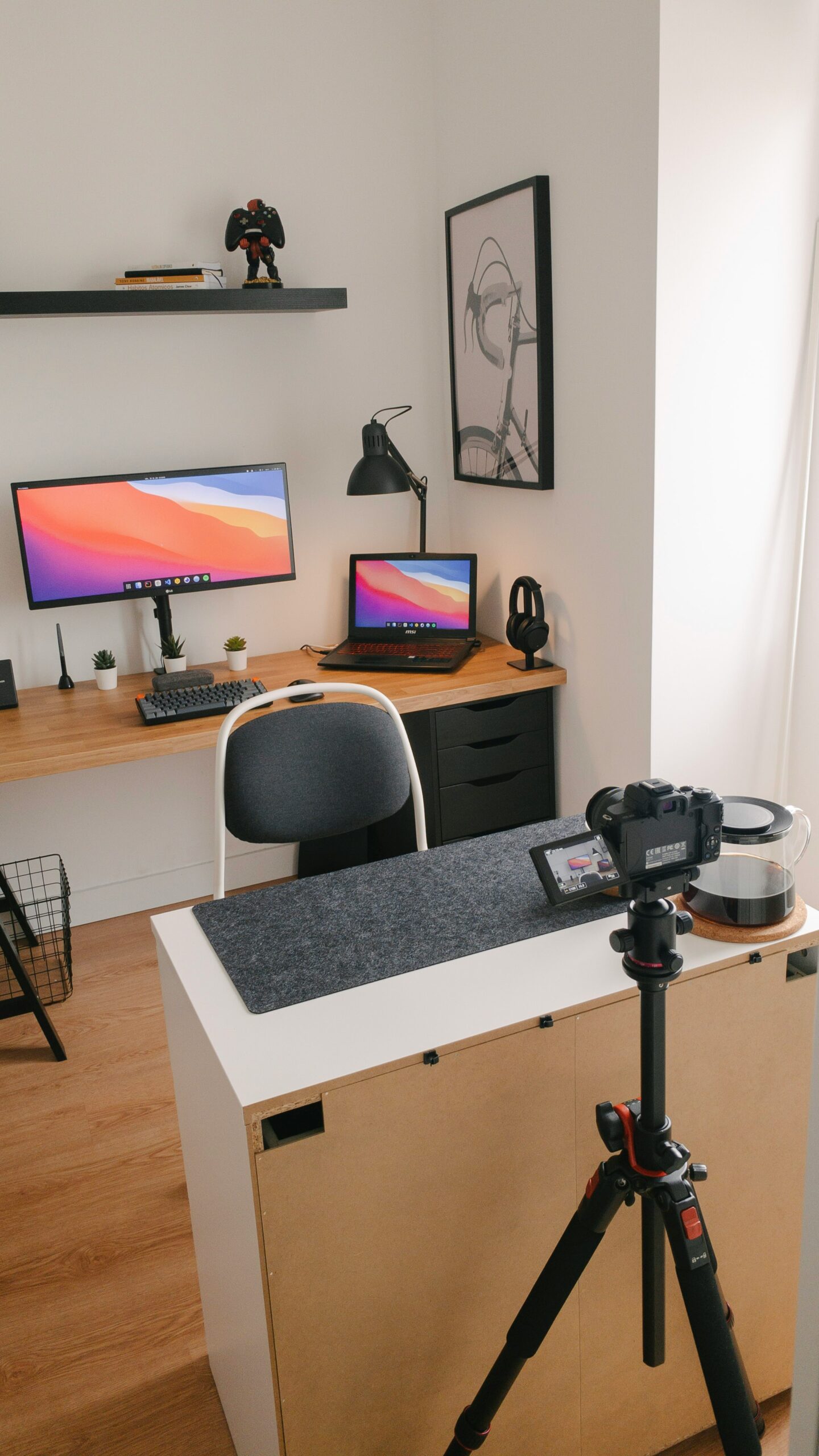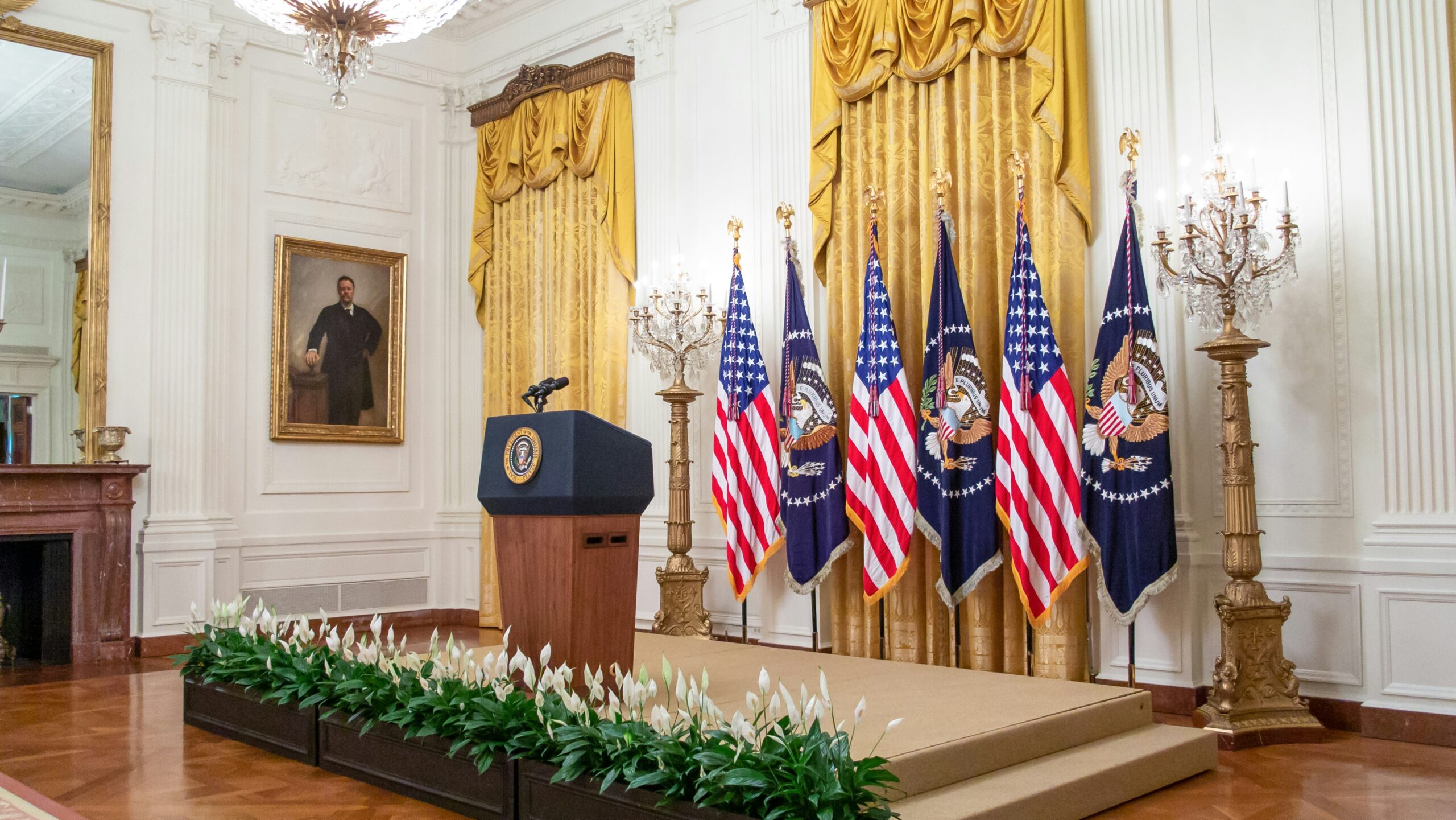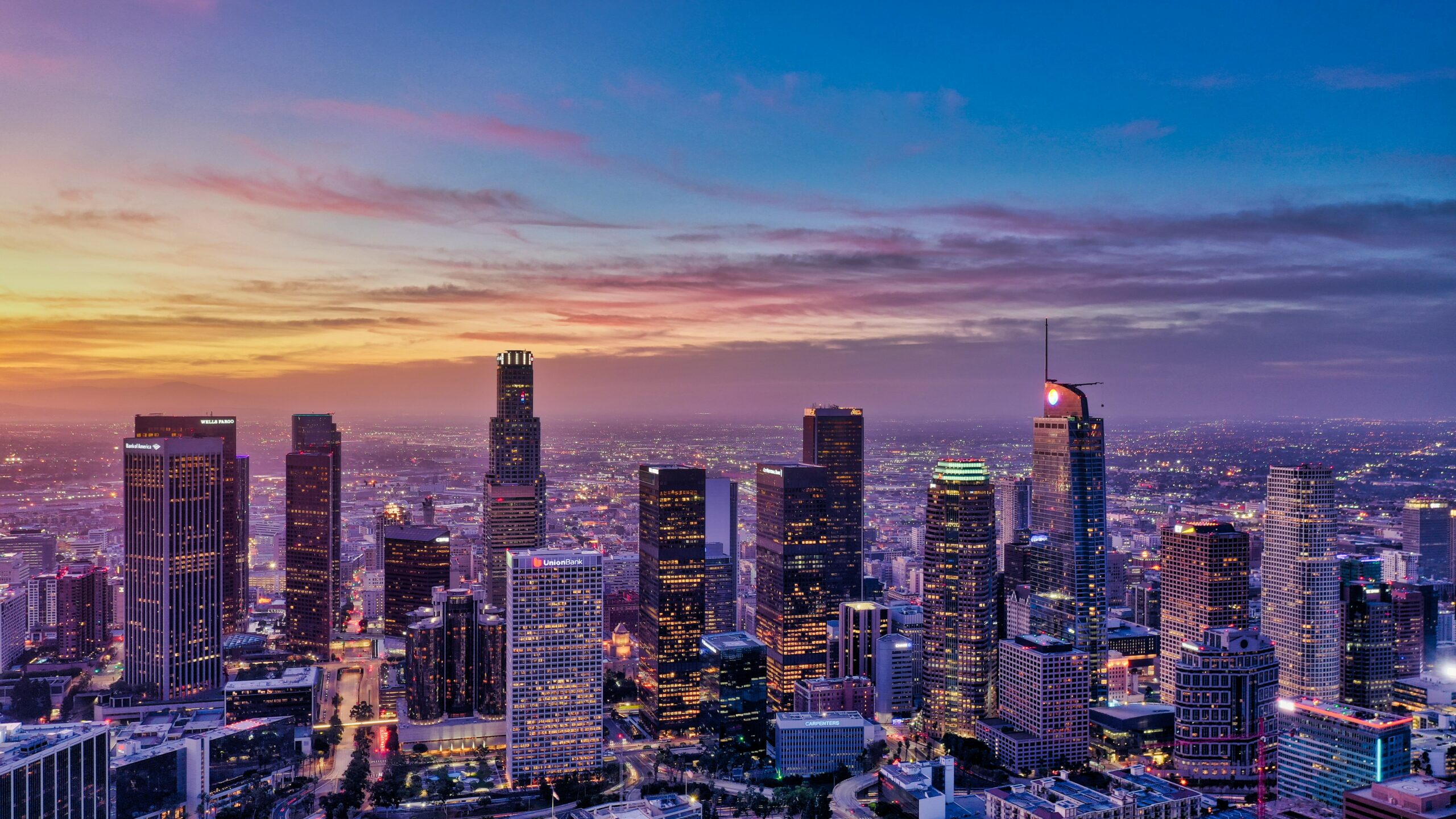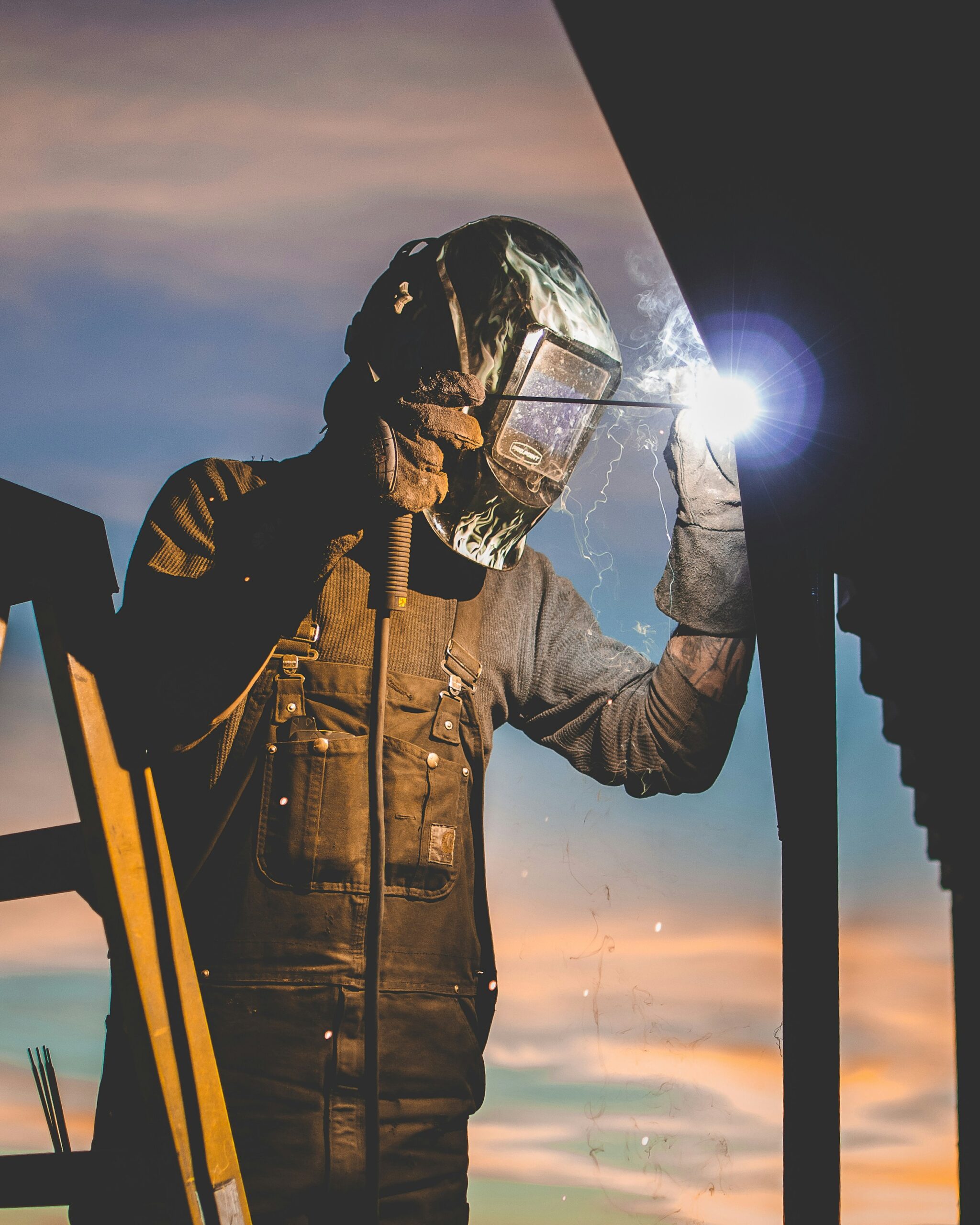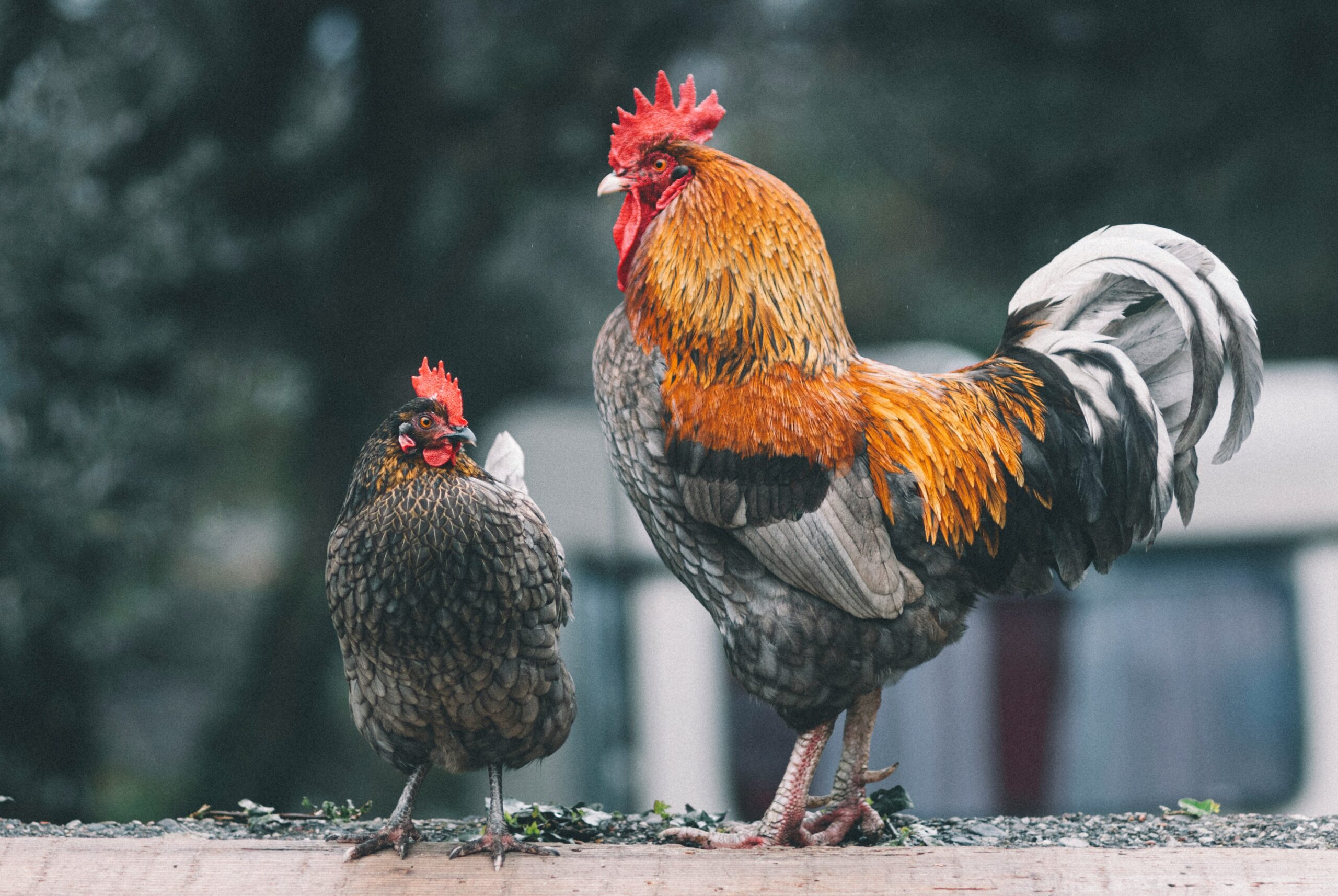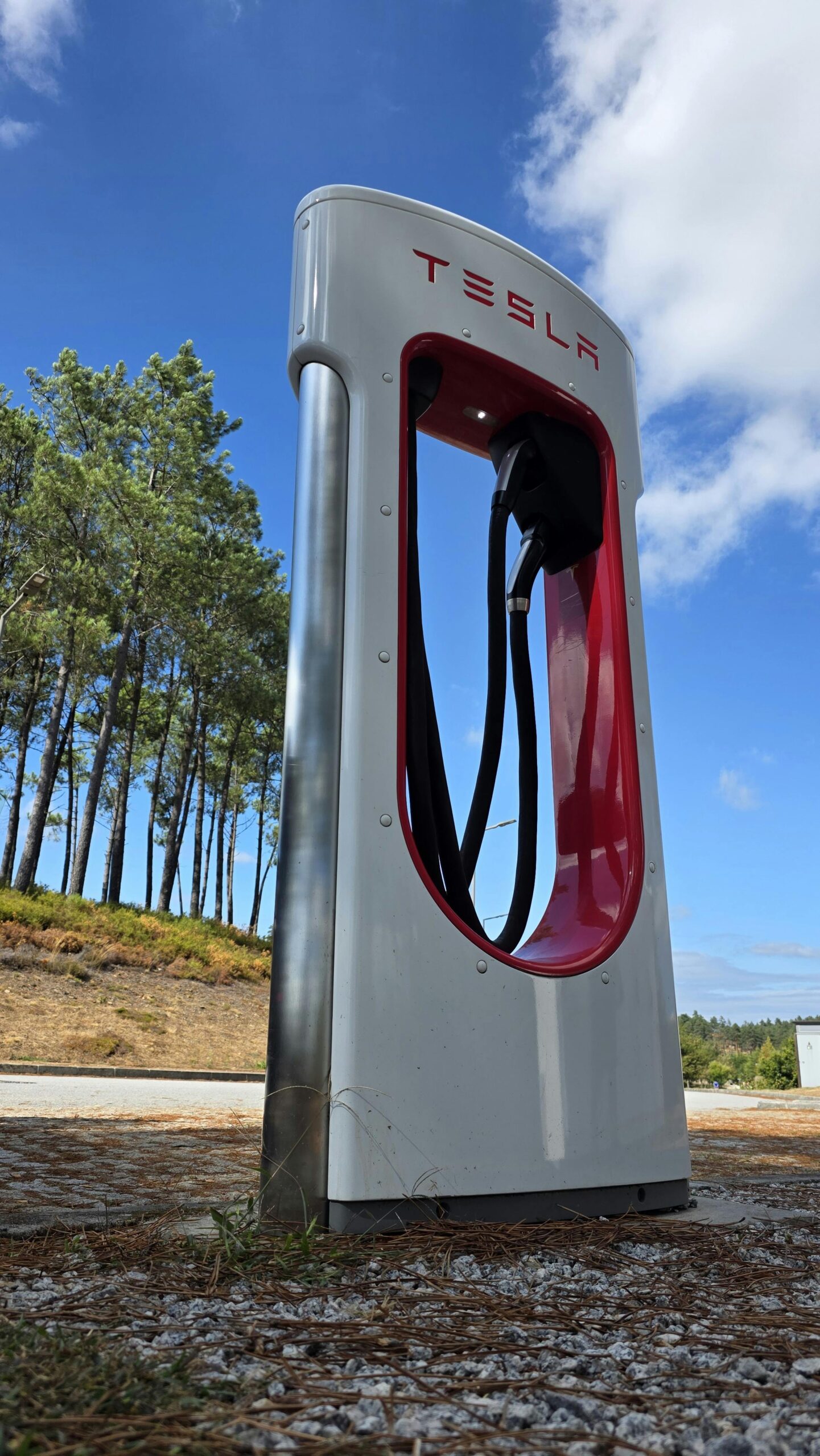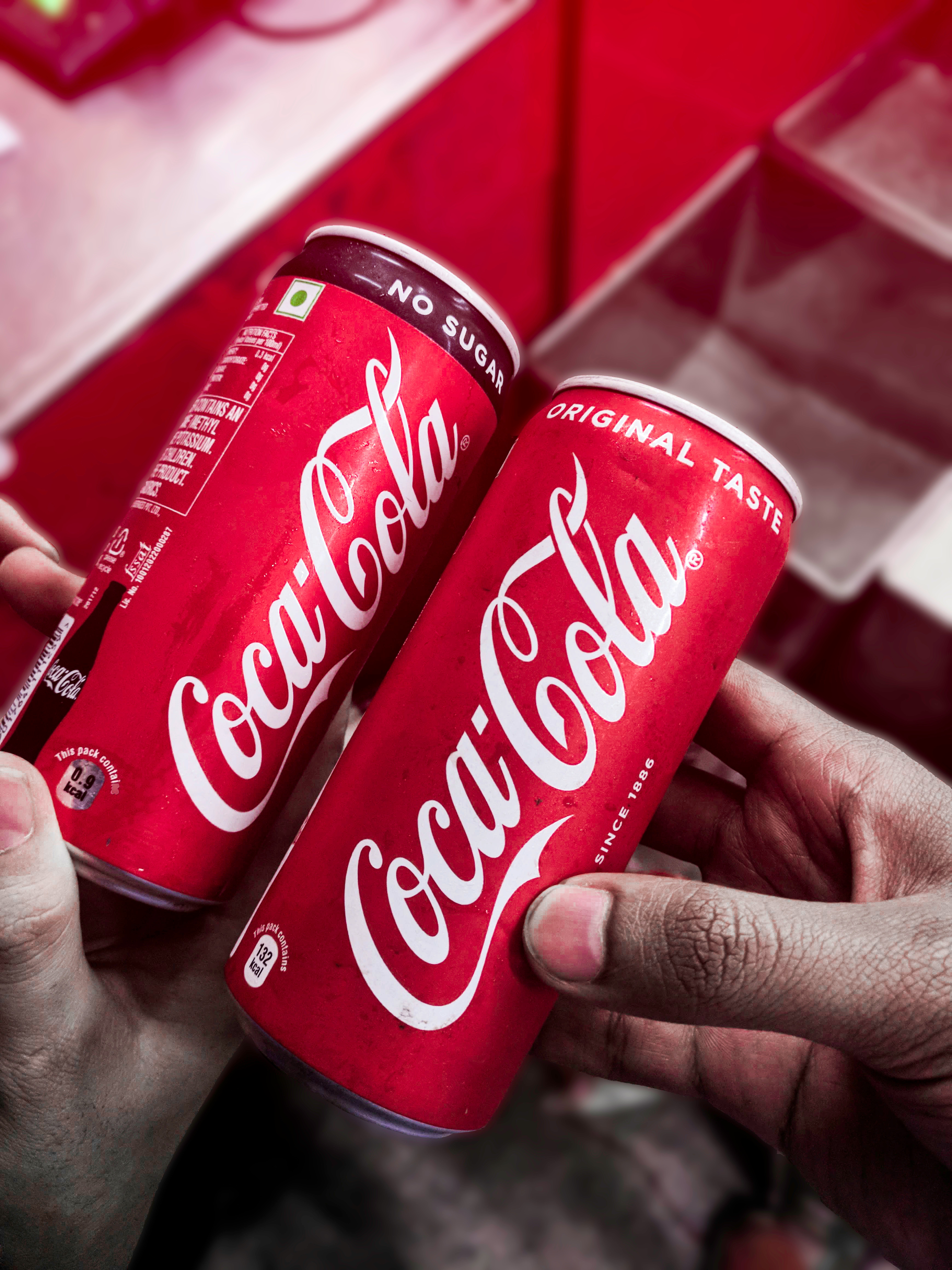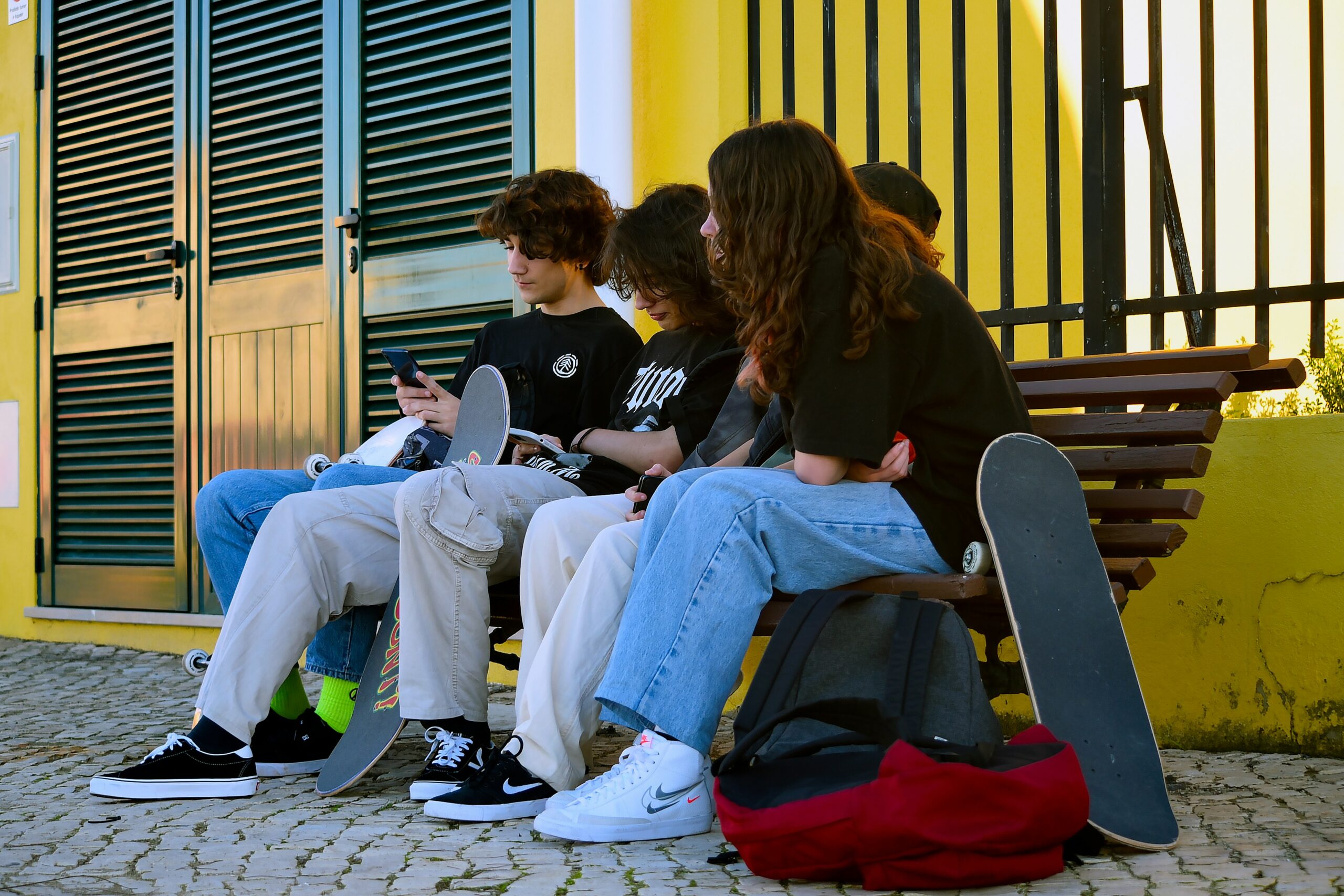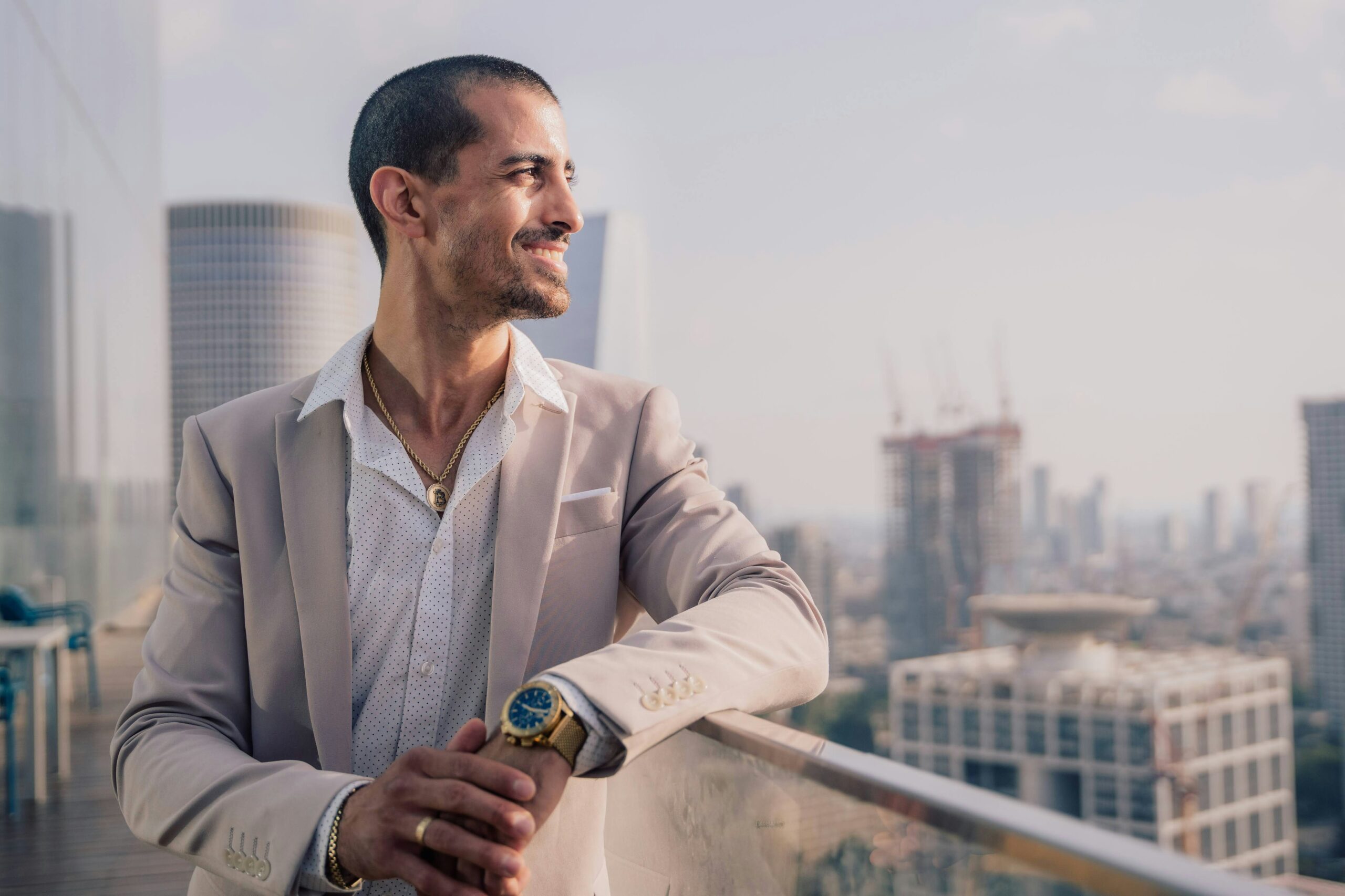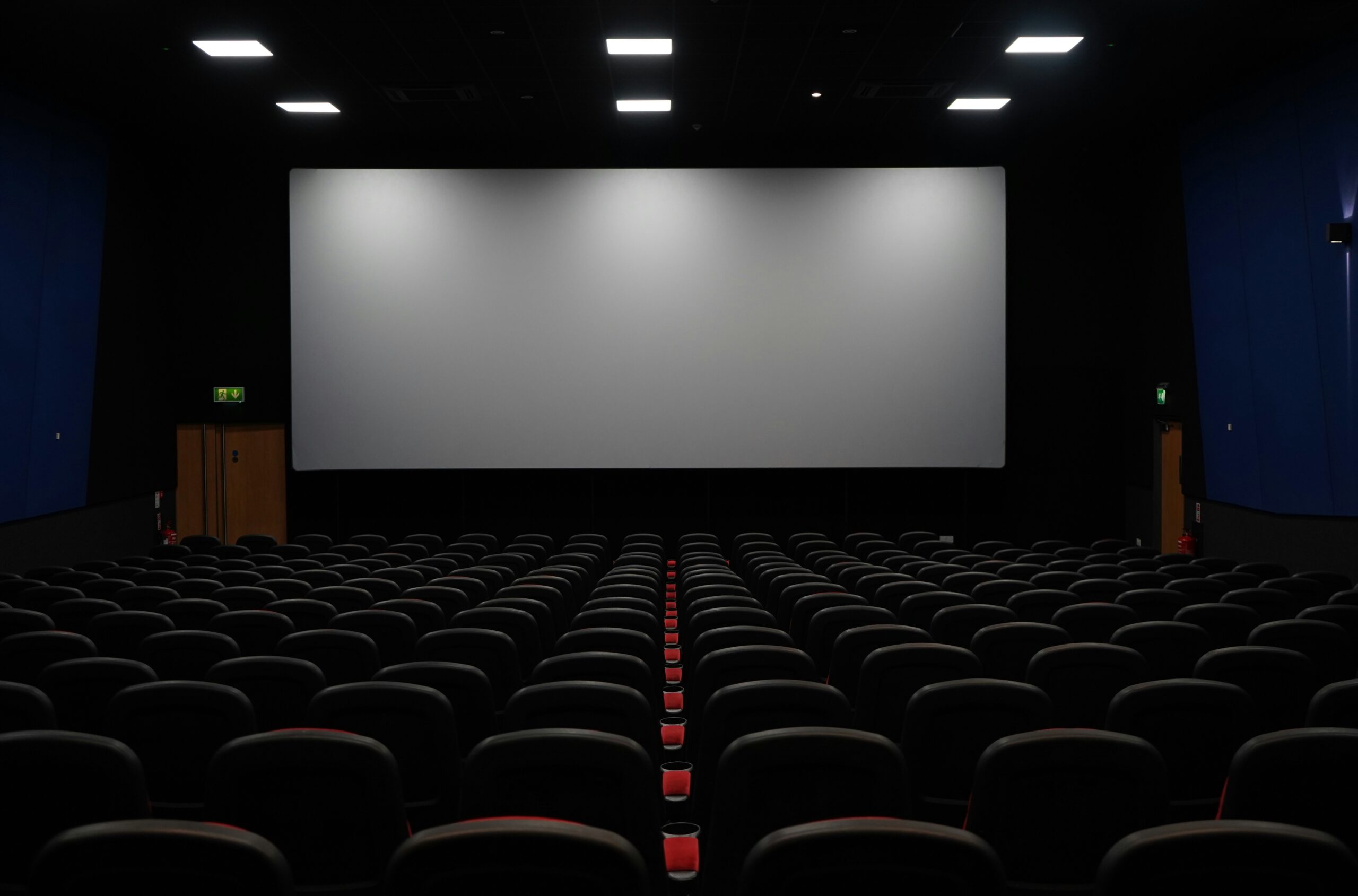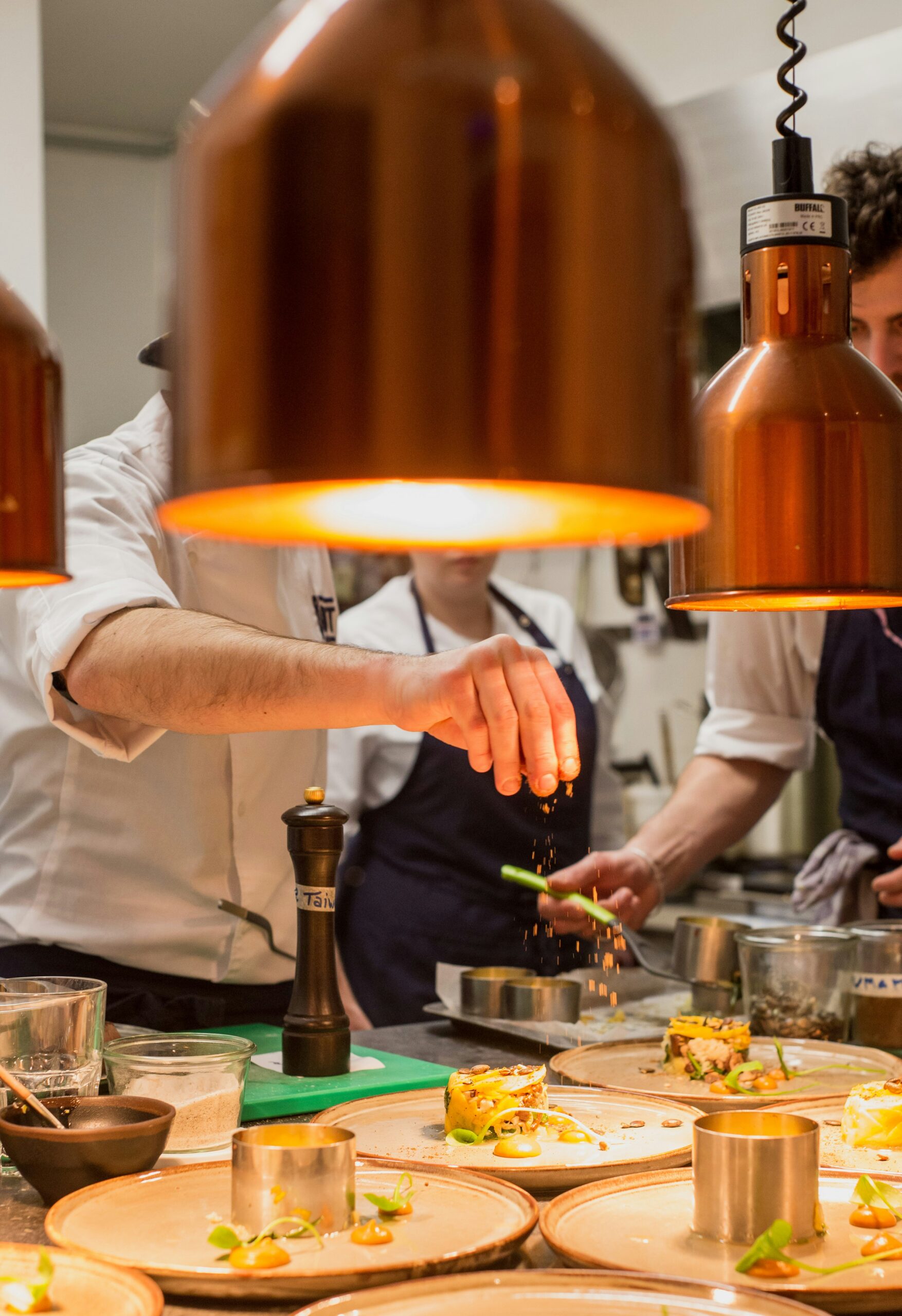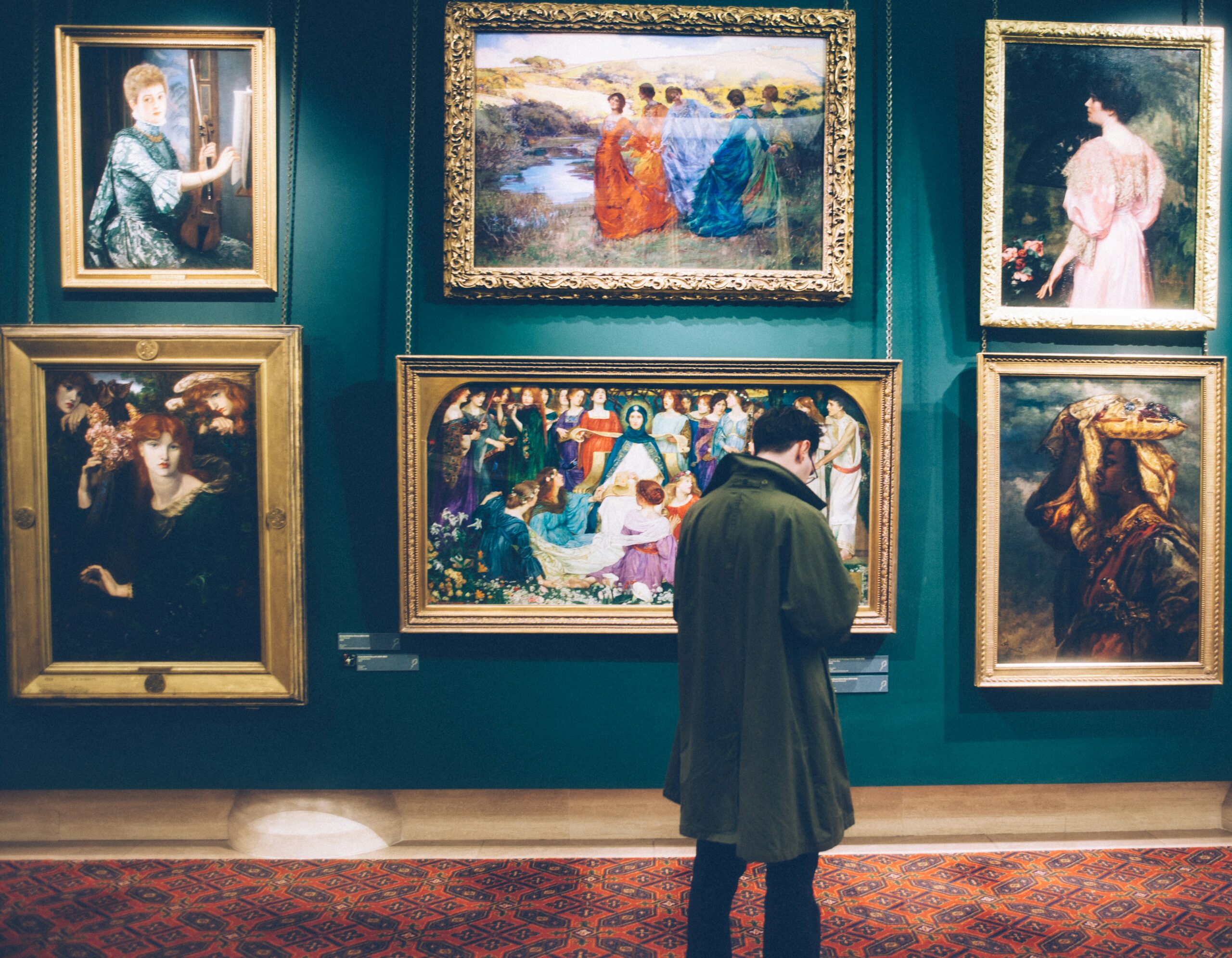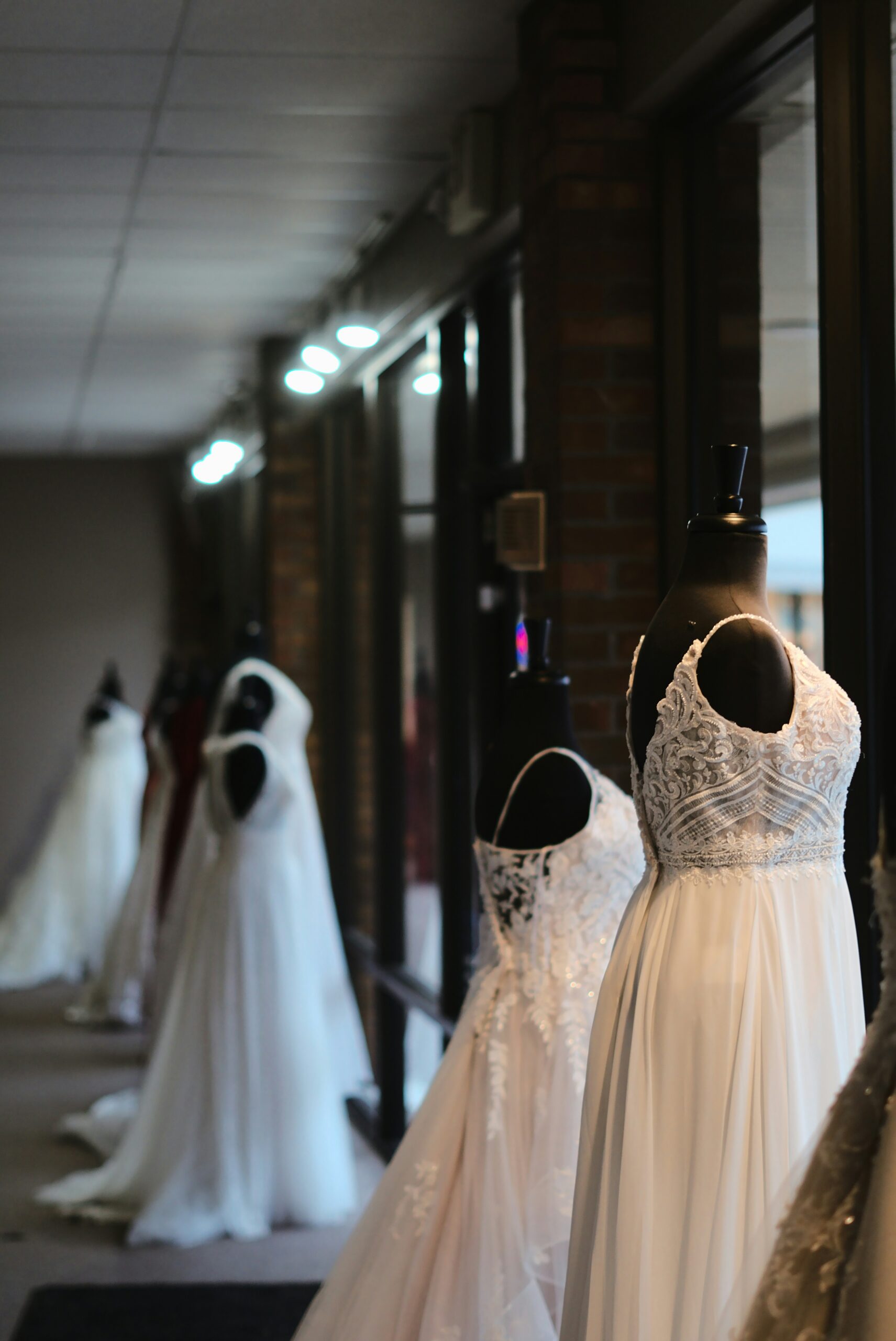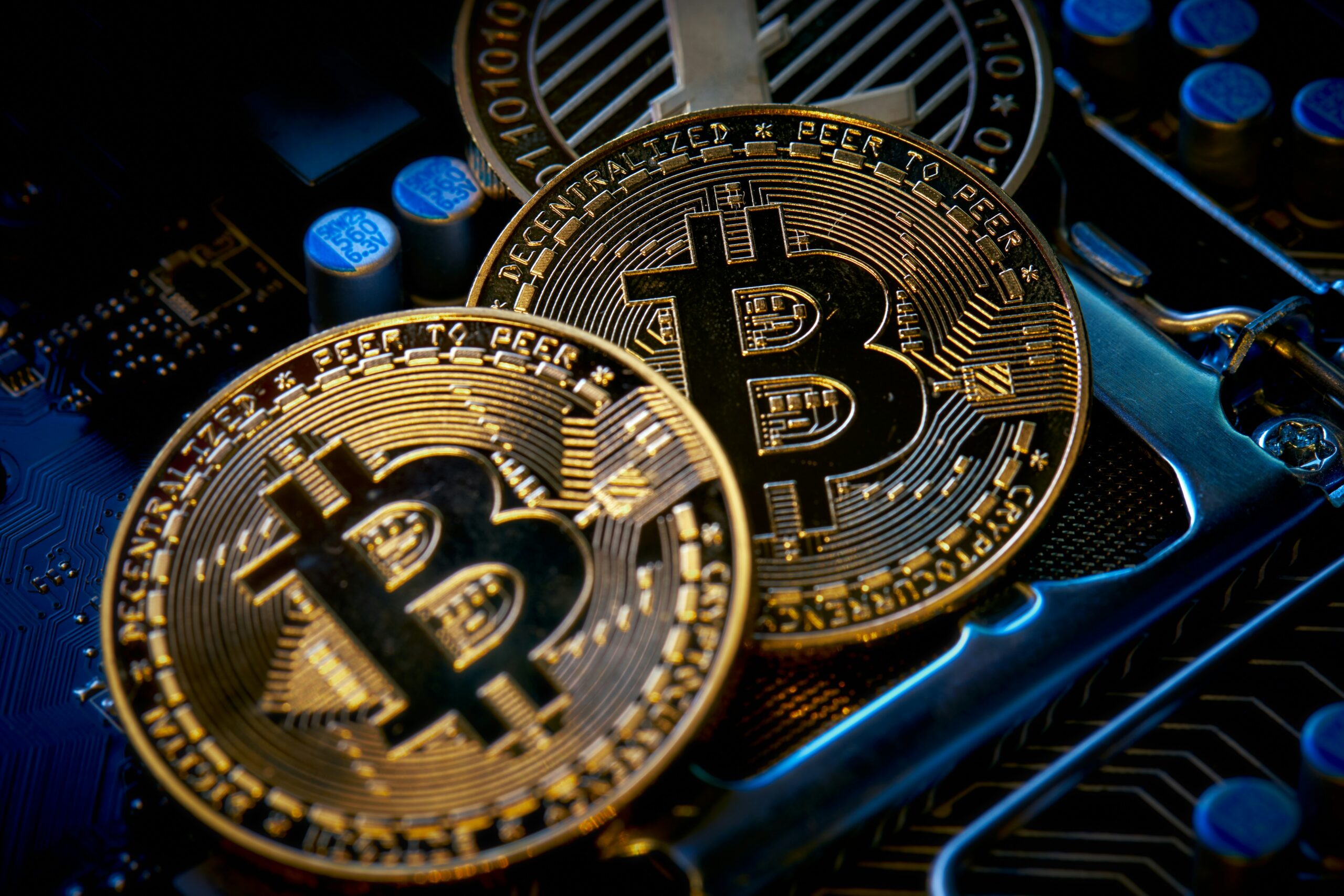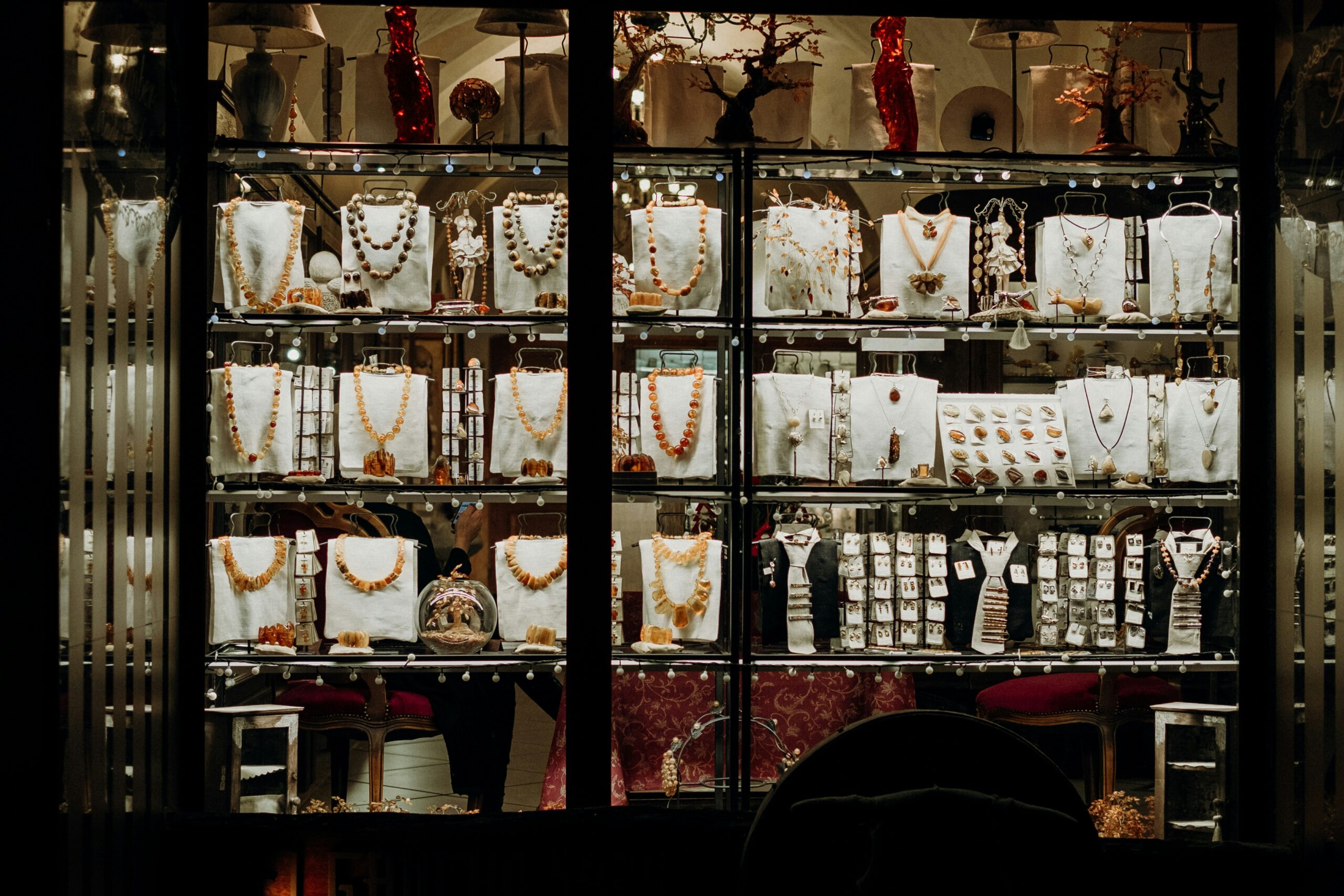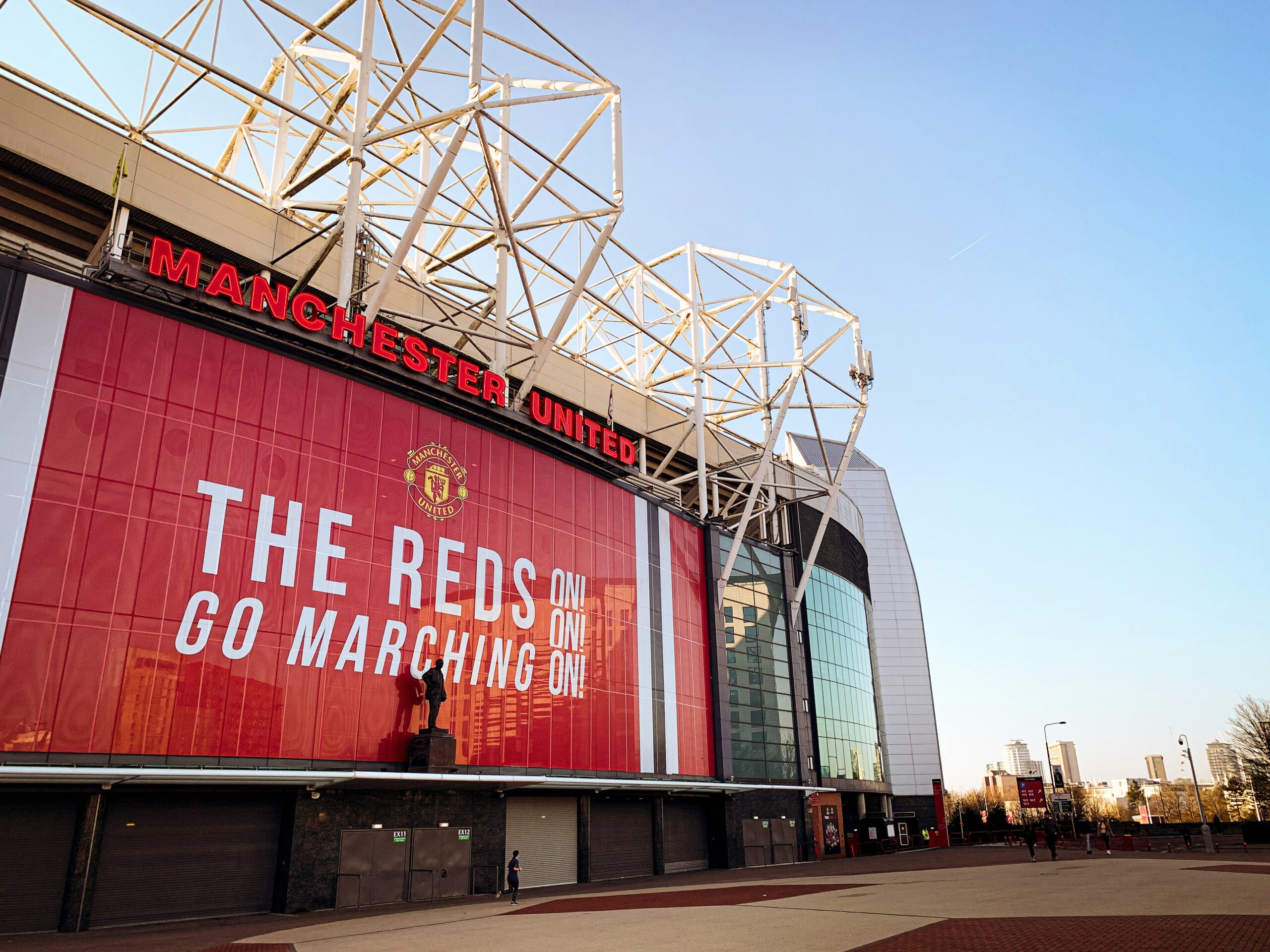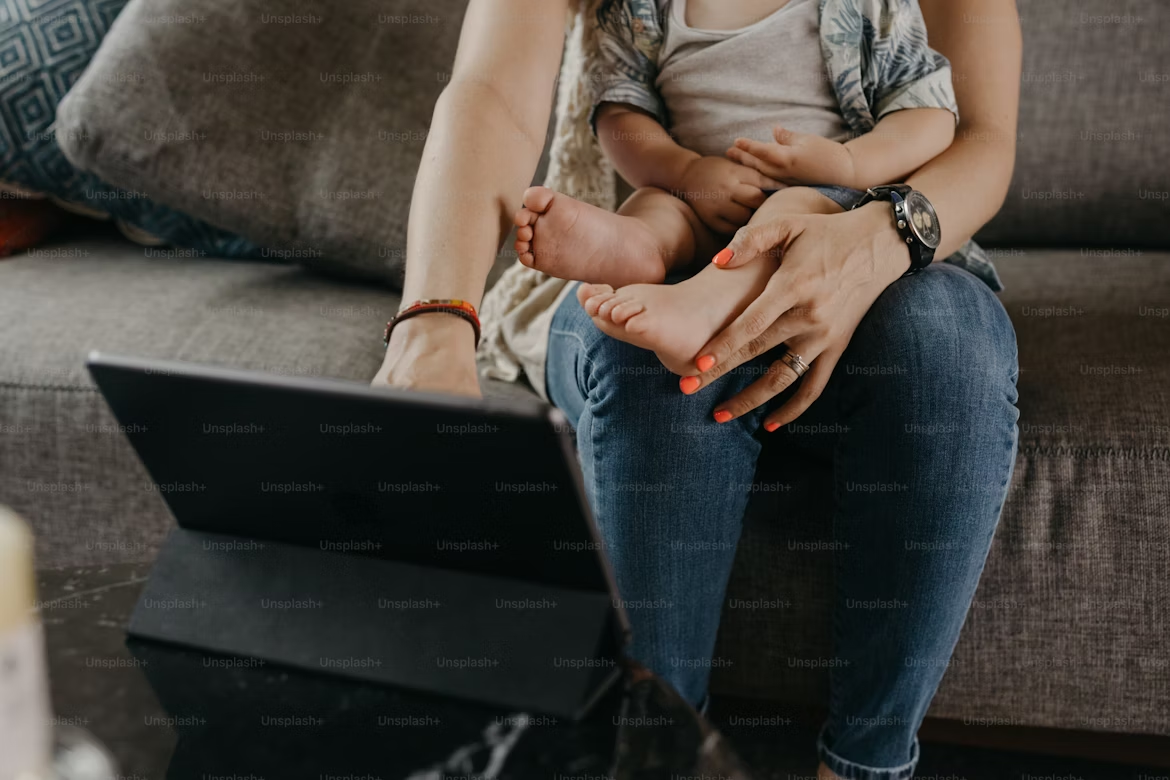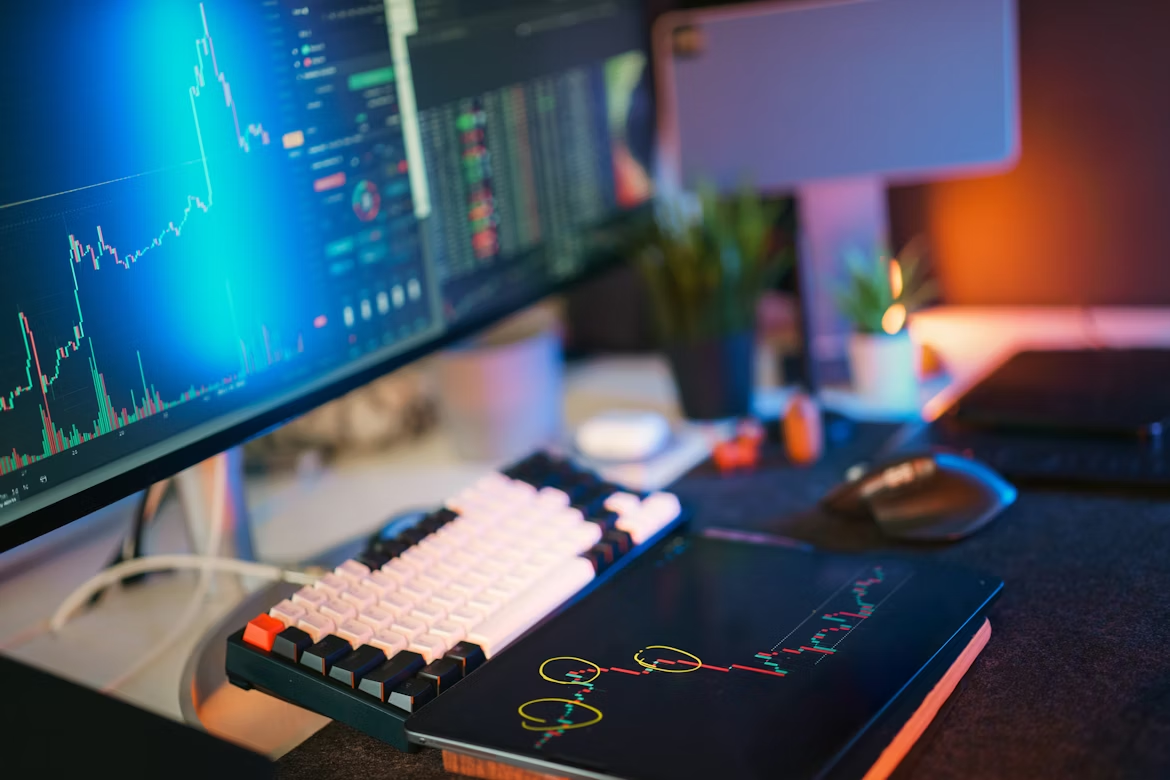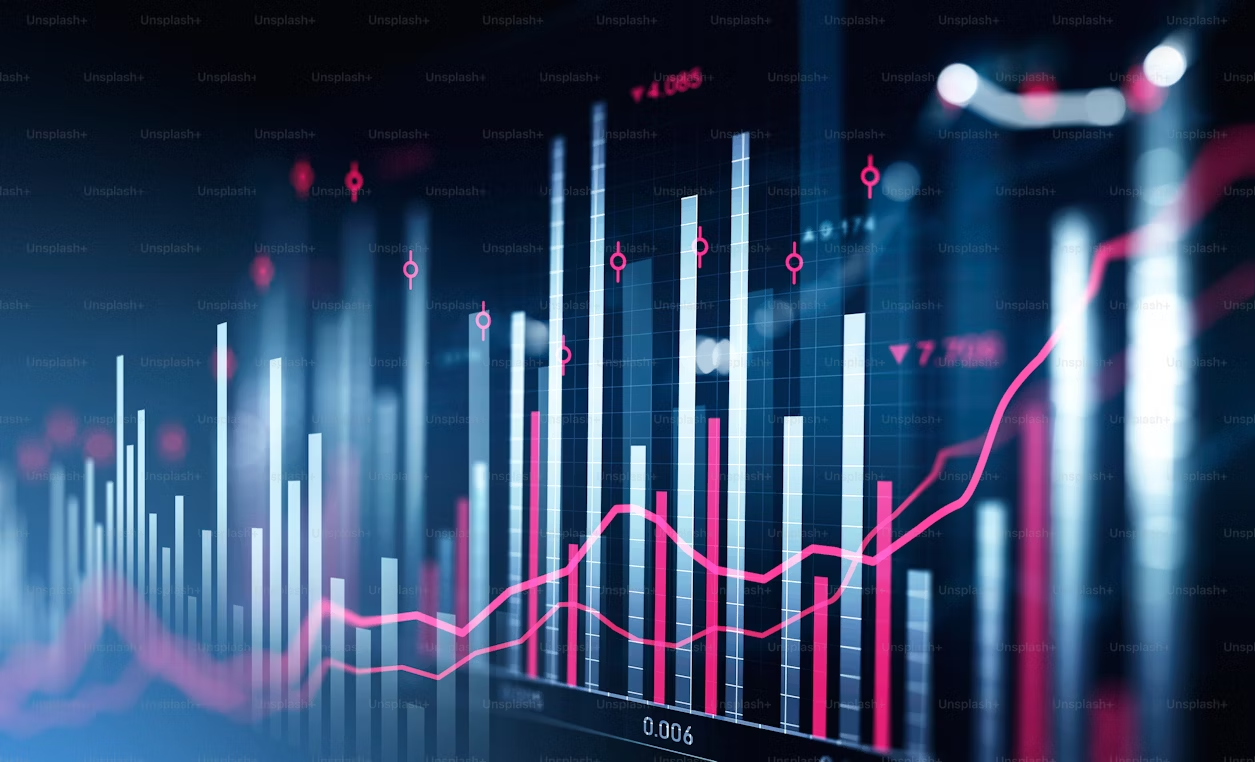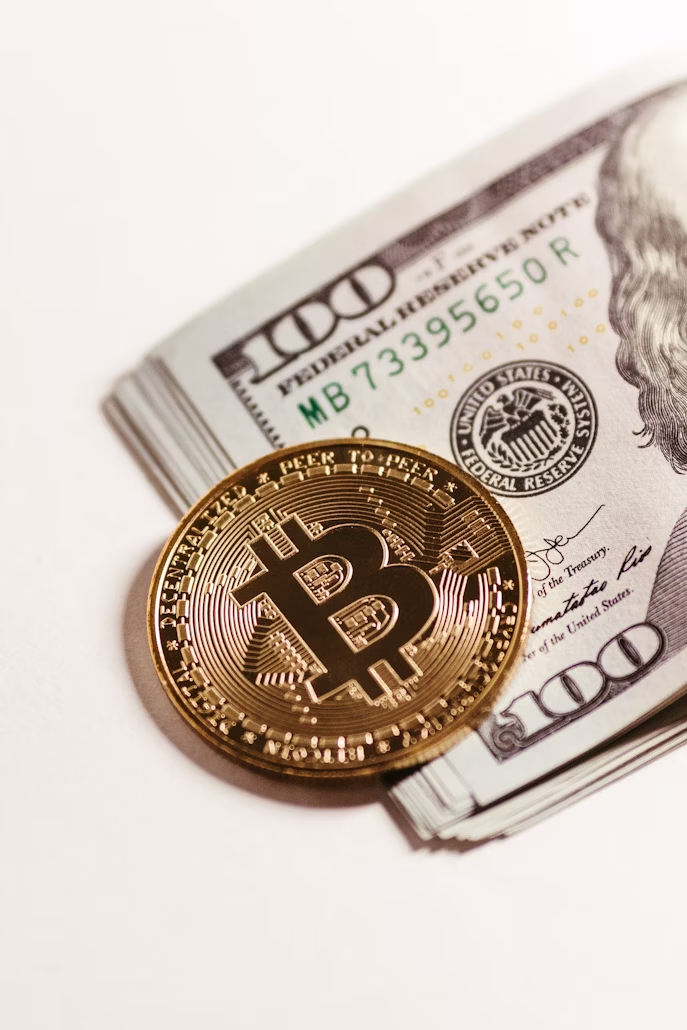Image credit: Unsplash
How do you feel about the word, “Grind?” Skipping the old-timey origins of grinding grain with a millstone, for a long time people talked about the day-to-day grind as a bad thing. It represented the idea that the pressures of work and responsibility could break you down. It was a thing to escape. These days, that idea is rolled into “work-life balance,” while the word “Grind” became a good thing for a while.
Grinding became aspirational! Thank goodness that’s (arguably) over. At this point, the “Rise and grind” mentality of influencer culture circa 2020 is beginning to fade, so writes a BBC correspondent. Still, it dominated discussions of work and wealth for a defining cultural moment. What other, maybe even more foundational and long-lasting, ways have influencers and pop culture changed how you think about your work and your income?
Here are a few to think about.
1. The Impact of Social Media
The #grindset got its start on sites like Instagram, X, and TikTok, and for many, it was their first exposure to minor celebrities using the influence to boost people’s confidence in their ability to work. It coincided with the rise of the “Gig economy,” and makes sense for influencers, who created non-traditional ways to grow wealth and see a lot of possibilities for others to do the same.
This is bigger than just finding gigs or encouraging people to turn their social media presence into a job. Social media is now full of influencers in almost every industry, coaching the curious on how to succeed in that industry, how to create or finance some entrepreneurial pursuit, or how to get started in a new career. In everything from art to day trading to engineering, influencers are waiting to tell the curious, “Yes, you can do this! Here’s how.”
2. Rapid Exposure to Trends
People say that cryptocurrencies and NFTs would’ve never gotten off the ground without the internet, but the Beanie Baby craze happened in the early ‘90s and spread through brick-and-mortar stores, print magazines, and TV news. Imagine if it had happened today, with the speed of online sales, not to mention how trend-obsessed social media can multiply the spread of hype so quickly.
Today, people are exposed to trends and fads on a much, much larger scale, far more rapidly and with more intensity than ever before, and this impacts how companies create products and how people spend their money. Fast fashion is a great example: social media pushes cheap, trendy clothes, with both makers and consumers knowing they’ll fall out of fashion almost instantly. Buy cheap, wear fast, then dump it and buy the next trend.
The speed at which these trends can churn doesn’t scare people off, because they’ve seen how quickly incredible things can happen in a high-tech world. Bitcoin changed how people look at investing, no longer seeing it as a game that takes big money to play over years, now looking for (and even expecting) returns in a period of weeks, days, or even hours. The quick advancement of technology has backed this up, with new crypto trends rising and falling all the time, and new technologies appearing and then just as quickly becoming dominant.
3. Access to More Role Models
Influencers are often bigger than even they understand, and not always in ways that they can control. Sometimes people seek out influencers for their advice or knowledge, but other times they watch influencers with a sense of fascination or criticism–sometimes to emulate, sometimes to learn what not to do.
Often, though, young people will look to influencers as role models. Seeking role models outside of one’s own family is a natural part of growing up and understanding the world, and influencers are so accessible and outspoken that they so often slot right into this role. Often, while parents are trying to teach teens about financial responsibility, influencers are delivering lessons of their own.
This isn’t a bad thing! Financial influencers often also do the work of educators and are mindful of the role they play. They can share up-to-date fiscal knowledge that parents might lack. If teens choose the right influencers for role models, they might just teach their parents something, too.
Be Mindful of These Effects
While the impacts of these things can be positive, there can be a flipside that you should watch out for. Not every popular trend that gets people excited will pan out. Some influencers are great at sounding like they know what they’re doing while actually having no idea. Social media can make you feel like you’re part of something big and powerful, even if it turns out to be nothing. It isn’t a new lesson to keep in mind for work and finances, but it’s one worth repeating over and over: be careful what you do with your money and what you do for your money.











